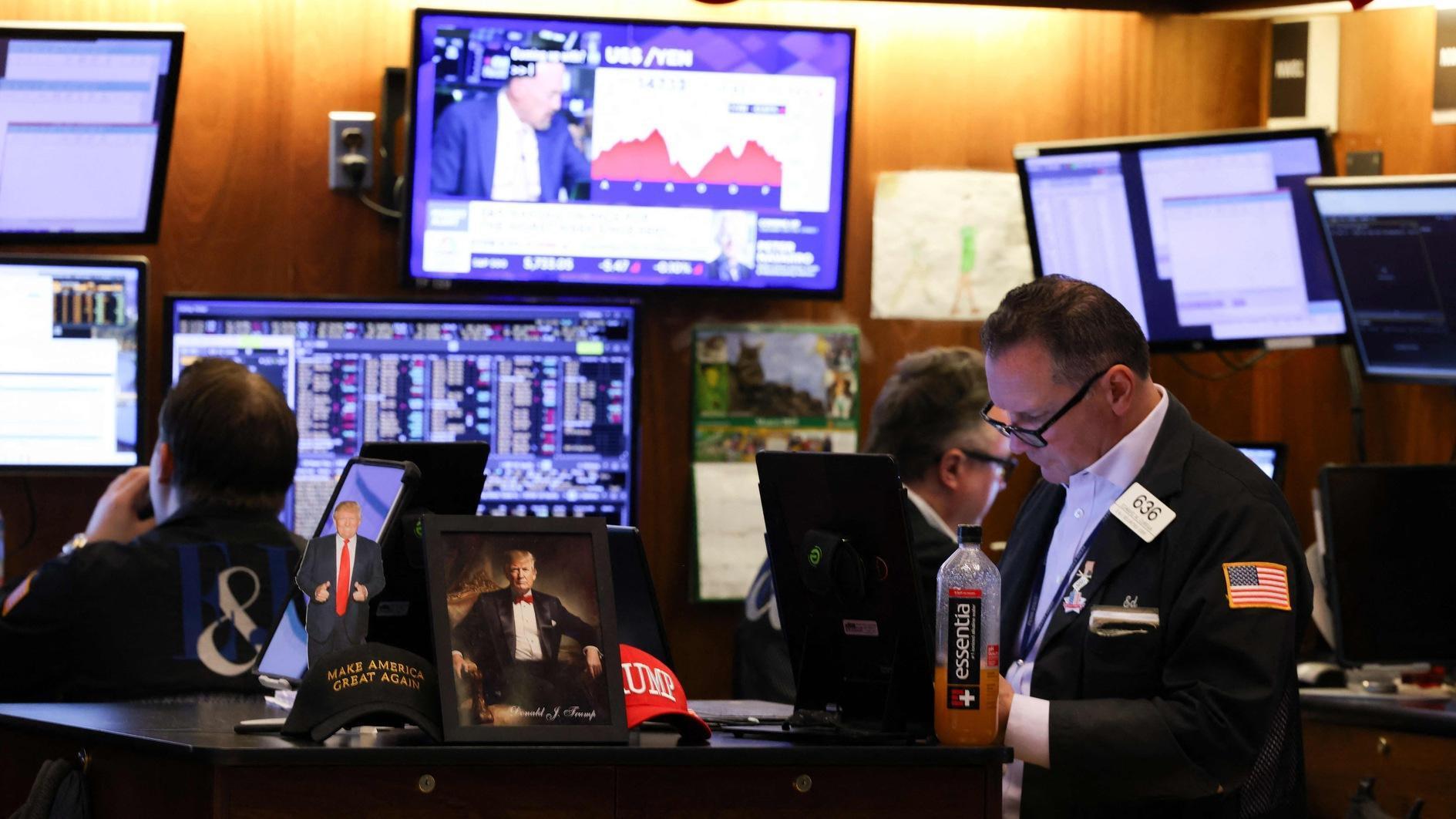
With his flurry of tariffs , government layoffs and spending freezes , there are growing worries President Donald Trump may be doing more to harm the U.S. economy than to fix it.
The labor market remains healthy with a 4.1 percent unemployment rate and 151,000 jobs added in February.
But employment report on March 7 also found that the number of people stuck working part-time because of economic circumstances jumped by 460,000 last month. In the leisure and hospitality sectors that reflect consumers having extra money to spend, 16,000 jobs were lost.
Since January, the economic policy uncertainty index has spiked 41 percent to a level, 334.5, that in the past signaled a recession.
“I have an increasing fear we will enter into what may become known as the ‘Trump recession,'"said Nicholas Bloom, a Stanford University economist and co-developer of the uncertainty index.
"Ongoing policy turbulence and a tariff war could tip the U.S. economy into its first recession in five years.” That last recession occurred under Trump because of the coronavirus pandemic.
For his part, Trump seems comfortable with the uncertainty that he's generating, saying that any financial pain from import taxes is a mere “disruption” that will eventually lead to more factories relocating to the United States and stronger growth.
If Trump's tariffs backfire, much of the price would be paid by everyday Americans who could suffer from job losses, lower wages, higher inflation and, possibly, an injured sense of national pride.
“Markets anticipate,” said John Silvia, CEO of Dynamic Economic Strategy. “The turn down the dark alley of tariffs signals higher inflation, slower economic growth and a weaker U.S. dollar. It is an economic horror movie in slow motion.”
There were multiple signs of uncertainty and concerns about the tariffs in the Federal Reserve’s beige book.
Published last week, the beige book included 47 references to uncertainty, up from just 17 in the previous edition in January.
“Many businesses noted heightened economic uncertainty and expressed concern about tariffs,” the Fed’s New York branch reported.
“Looking ahead, businesses were notably less optimistic.”
“This is the perfect storm for businesses,” said Brian Bethune, an economist at Boston College. “How can you possibly plan anything in this environment?”
Treasury Secretary Scott Bessent said on March 7 on CNBC that suggested a core problem is that the U.S. economy has become overly reliant on government deficits and that the Trump administration would be fostering stronger growth in the private sector.
“We’ve become addicted to this government spending, and there’s going to be a detox period,” he said.
This particular form of economic rehab is coming from Trump’s Department of Government Efficiency, which is led by Elon Musk.
But the initiative has started to downsize the federal workforce in ways that could surface in future jobs reports.
Roughly 75,000 employees took the deferred resignation plan. There are also thousands of probationary federal workers who were fired and tens of thousands of layoffs to come based on the administration's plans.